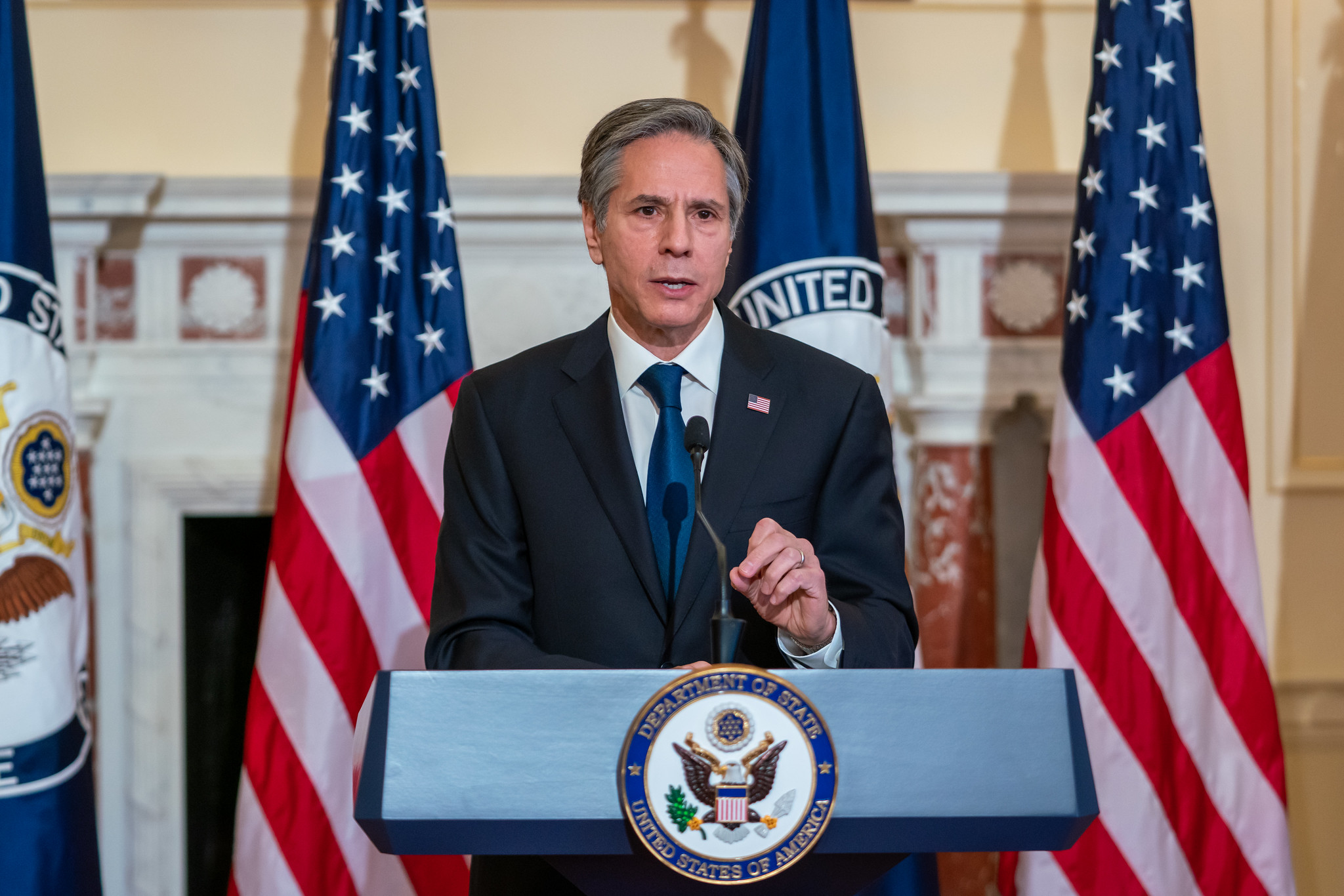The Cyberlaw Podcast: You’ll Never Know How Evil a Technology Can be Until the Engineers Deploying it Fear for Their Jobs
I propose this episode’s title as Baker’s Law of Evil Technology, something that explains Twitter’s dysfunctional woke-ness, Yahoo’s crappy security and Uber’s deadly autonomous vehicles. Companies with lots of revenue can afford to offer a lot of stuff they don’t much care about, including protection of minority voices; security; and, um, not killing people.
Published by The Lawfare Institute
in Cooperation With

I propose this episode’s title as Baker’s Law of Evil Technology, something that explains Twitter’s dysfunctional woke-ness, Yahoo’s crappy security and Uber’s deadly autonomous vehicles. Companies with lots of revenue can afford to offer a lot of stuff they don’t much care about, including protection of minority voices; security; and, um, not killing people. But as Uber’s travails show, all that can get tossed out the window when corporate survival is at stake. And here’s Baker’s Law in action: Airline algorithms that deliberately break up families sitting on the plane so they can charge to put the kids back in the same row.
I do a mini-interview of Adam Candeub, who has disclosed that the supposedly populist, supposedly Silicon Valley-skeptical Trump Administration has written a massive and antidemocratic subsidy for conservative-censoring social platforms into NAFTA 2.0. I rant (briefly) about it and pray that Congress kills it in the lame duck.
Merrick Garland may now be available. But, we ask Jamil Jaffer and Gus Hurwitz, is a Facebook Supreme Content Court a good idea?
Speaking of Facebook, even the 98-lb weaklings seem to be kicking sand in the company’s face. I lay out the latest, incredible tale about how an app that finds all your friends’ bikini pics ended up spurring an international breach of U.S. confidentiality orders—at the order of the UK Parliament’s sergeant at arms. And when I say incredible, I mean it; the story told by the participants is extraordinarily hard to believe.
Jamil and Gus note that Commerce has begun identifying an enormous list of “emerging” technologies to be restricted for export. Is this defense-industrial policy? And will it work? The panel disagrees.
Paul Rosenzweig reports that Airbnb now has its own (woker-than-thou, naturally) foreign policy. He thinks it may violate a host of state anti-BDS laws.
Nick Weaver gives us the latest Bear Facts. Both Cozy and Fancy are back with a vengeance—and not much concern about avoiding attribution.
Download the 241st Episode (mp3).
You can subscribe to The Cyberlaw Podcast using iTunes, Pocket Casts, Google Play, or our RSS feed!
As always, The Cyberlaw Podcast is open to feedback. Be sure to engage with Stewart on social media: @stewartbaker on Twitter and on LinkedIn. Send your questions, comments, and suggestions for topics or interviewees to CyberlawPodcast@steptoe.com. Remember: If your suggested interviewee appears on the show, we will send you a highly coveted Cyberlaw Podcast mug!
The views expressed in this podcast are those of the speakers and do not reflect the opinions of the firm





